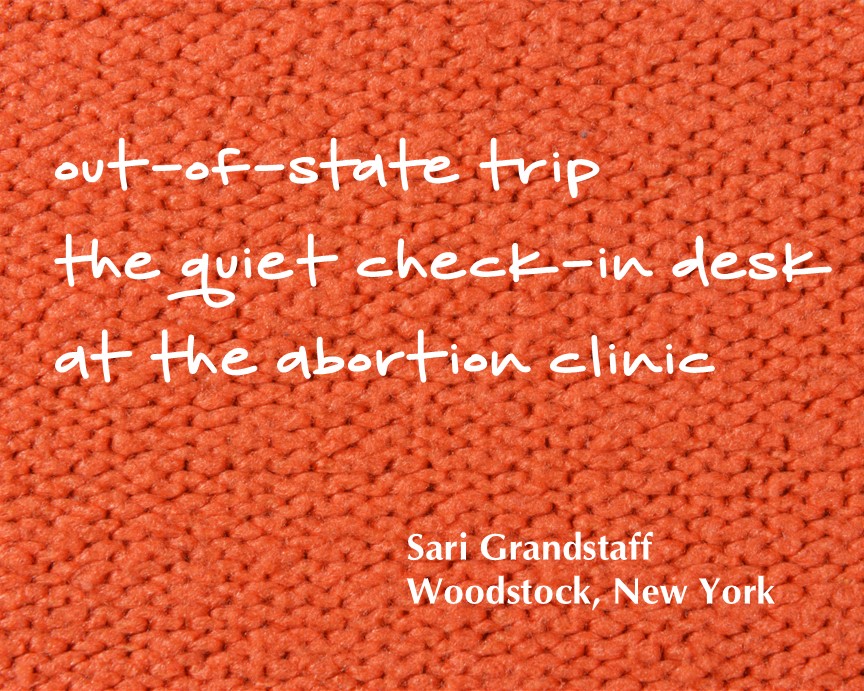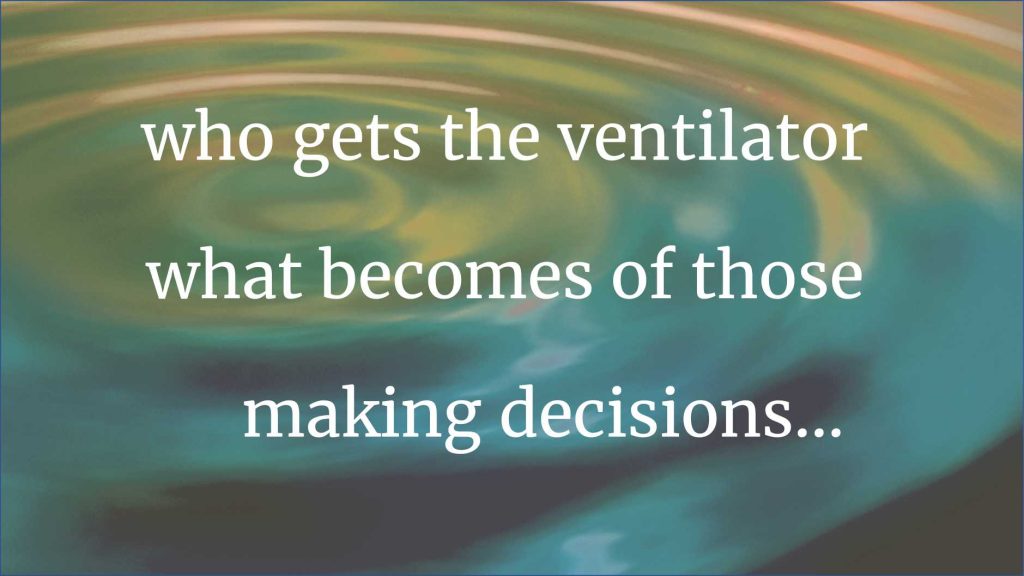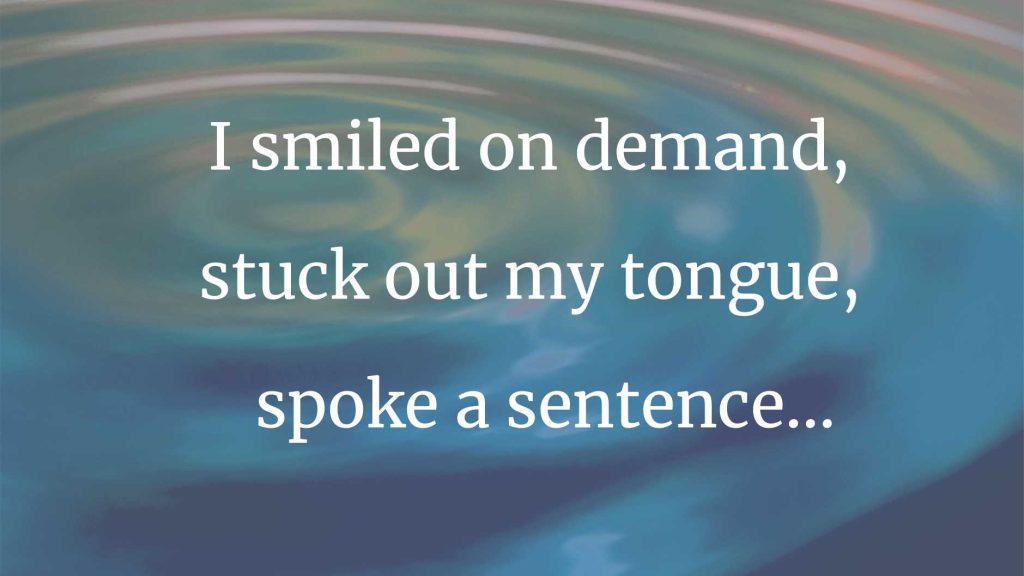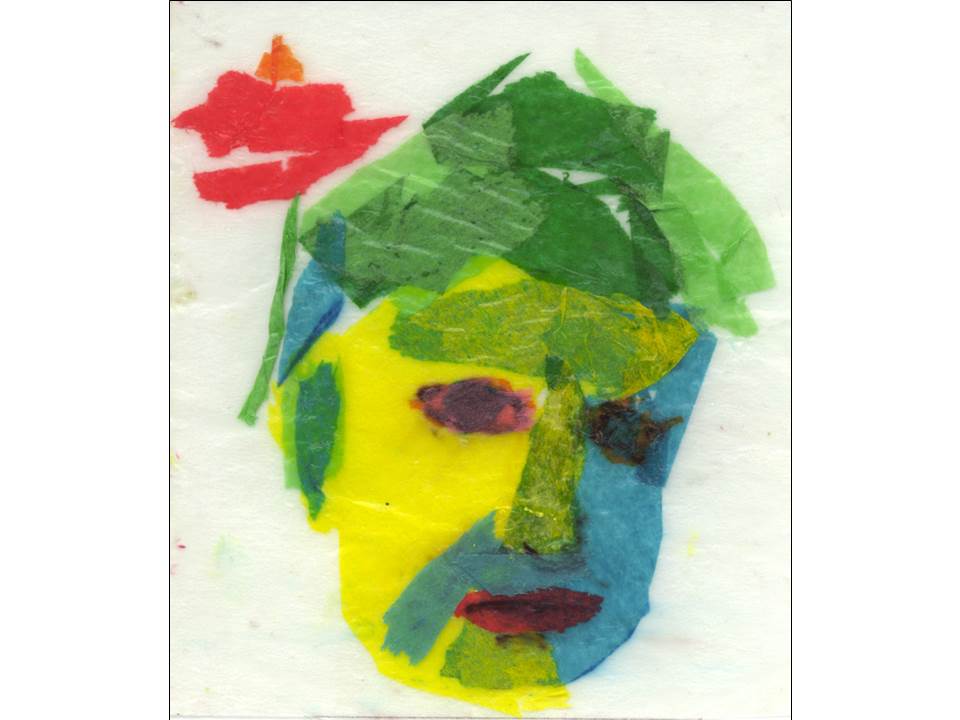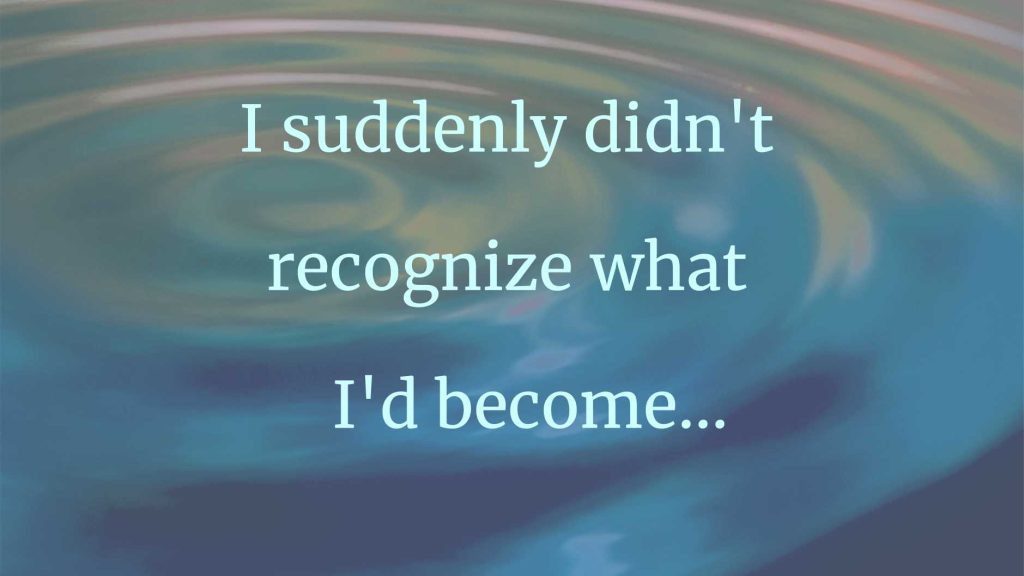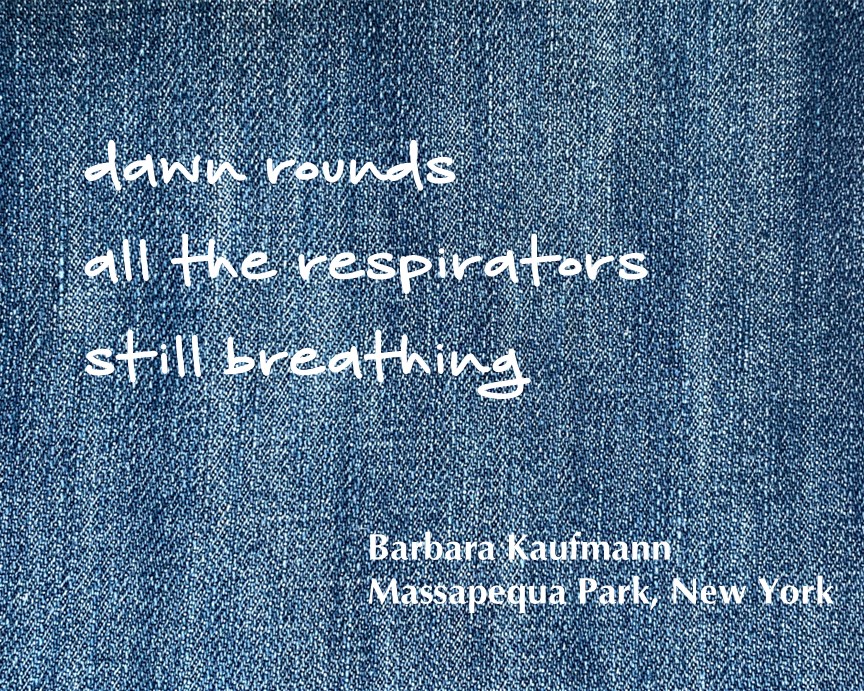October 2025
Time & Again
COVID wards 2020-2021
For the sake of the present / let’s just admit that thigh-deep mud & poison gas & running into machine gun fire / still belong to us all the glass-eyed / survivors who said sundown was almost worse than morning slaughters / night when stretcher-bearers could finally reach the duckboards / run toward the day’s groans caught / on barbed
Insomnia Dog
I had always been a good sleeper, until about the age of 30. At that time, my father was dying of metastatic breast cancer. I would wake up every night at 2:00 a.m., with a feeling that my chest was bound in steel armor. Those 2:00 a.m. wake-ups have been with me ever since, for the past 25 years. Now and then, I would work on my “sleep hygiene” by trying not to read my Kindle in bed and cutting back on caffeine.
A few weeks ago, I decided that my insomnia had gotten out of hand and asked a colleague for the name of a specialist in cognitive behavioral therapy for insomnia.
After the Fall: What Happened Next
I live in a small town on the River Tay in Eastern Ontario. One day, I was exercising at the gym with my husband, Yogi.
I’d just finished my first leg-machine exercise. As I reached for the grungy logbook, the floor suddenly reeled out from under me.
Am I fainting?
I lurched to sit down.
“It’s okay, I’m fine!” I assured those around me. But my sudden disorientation screamed that I was not.
After the Fall: What Happened Next Read More »
Between
This week marked almost the halfway point of my life: the first half with hearing, the second with deafness and, then, cochlear implants. I’ve lived in between two worlds and cultures, hearing and deaf, never fully belonging to either.
During my first year in medical practice, I lost almost all my hearing in both ears. For most adults, hearing loss is gradual, but for me it was sudden. Despite treatment for autoimmune inner ear disease with some ups and downs, my hearing continued to deteriorate.
I was devastated! After so many years of school and medical training, could I continue to be a physician?
Home of the Free
Today as a family physician I am disabled in a way that I never could have dreamed in 1997 when I joyfully marched across the magnificent auditorium stage. I wore an ostentatious maroon gown and a green velvet sash, an enormous smile and relaxed shoulders. I shook the presenter’s hand and took hold of my diploma. Four years of delayed gratification, hundreds of thousands of dollars, countless late nights and long days culminated in this moment. The camera shutter in my soul CLICKED eagerly to capture it all.
Wounded Souls, a Broken System and Me
I became a psychologist because I wanted to be a healer.
At twenty-five, I believed I could save lives through therapy alone—reach into the chaos of psychosis, pull people back with presence and insight and bring them home to themselves. Not with medication. Not with systems. Just one mind in conversation with another. I’d read the stories—Frieda Fromm-Reichmann, Harold Searles, Otto Will. I believed in that kind of power.
Thirty years later, in 1998, I emerged from a Christmas party on Lafayette Street, blinking in the cold, the voices of managed-care executives echoing in my ears.
Wounded Souls, a Broken System and Me Read More »
On Grieving during Residency
As time passes, I no longer remember her face or her name. But I know what brought her in. And I clearly recall how, as an intern, I walked into her grim hospital room, where two tired parents sat by her bedside: a young woman with a small pimple patch on her forehead.
She was twenty-four and had no chronic conditions—but now no sign of life. I’d spent six months as an intern at that point and was still learning to become a doctor. I’d written down all I could find about her medical history and headed toward her room, not for a second pausing to reflect on the fact that she was just twenty-four.
On Grieving during Residency Read More »
Assumptions
Floanne, a fellow nurse, was a close friend of mine for thirty years. She was widely known for the grace and compassion she showed to those around her. Sadly, in her later life, she developed peripheral neuropathy. After a million-dollar workup at a hospital, the physician specialists declared her condition a mystery and therefore untreatable. Flo became confined to bed—unable to stand, walk, hold a book, or use eating utensils without assistance.
Dedicated physical and occupational therapists worked with her, and eventually she regained the use of her hands and could tolerate short periods in a wheelchair.
Freedom
As a clinical psychologist, I saw many people disabled by intense emotional problems and psychotic illnesses. All were compromised to some degree. Many of the most compromised were inpatients on psychiatric units that I ran, before such units started closing down. Many ended up on the streets. Some were lucky enough to have family take them in.
One man I worked with was different. My psychology chief at the VA knew I taught relaxation therapy and asked me to see if I could help a patient on the spinal cord unit. After he got out of the service, “Tom” had been stabbed in the neck by a robber-addict’s needle. Paralyzed, he had feeling in one finger, but that arm stayed spasmed to his chest.

